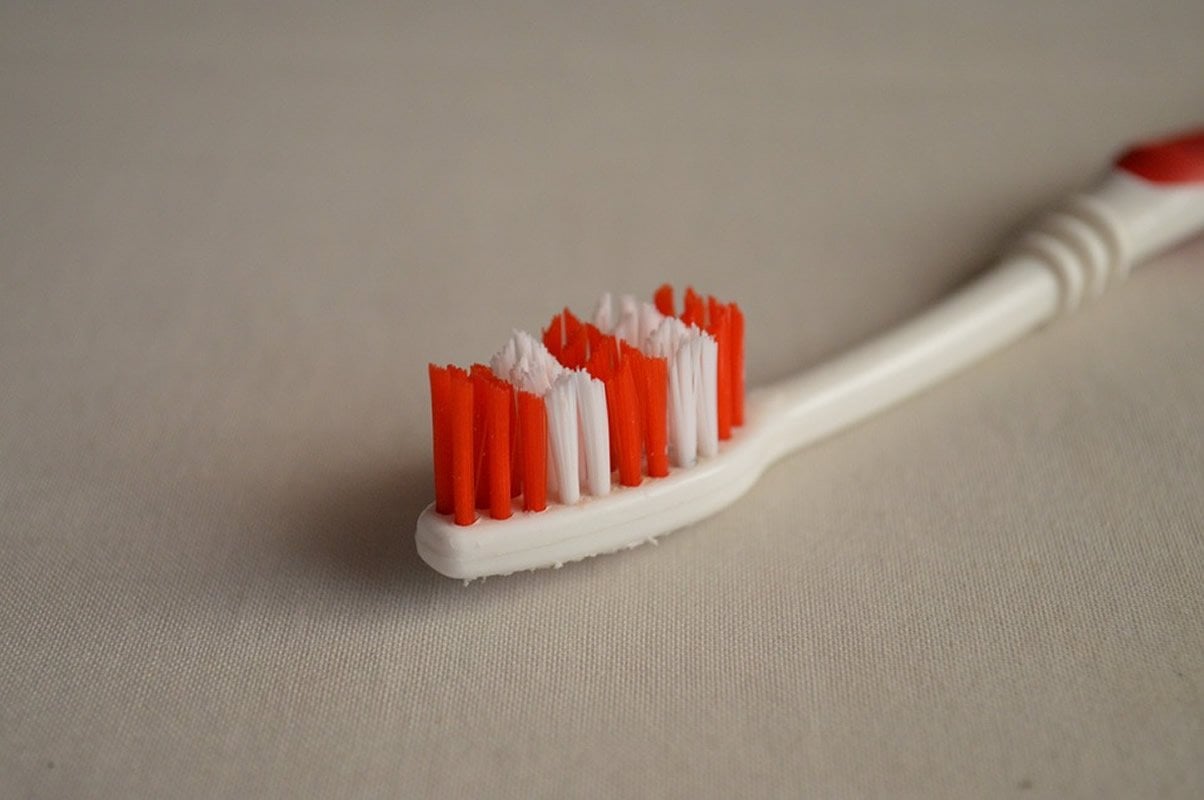Summary: Brushing your teeth may be a way to stave off the development of Alzheimer’s disease. Study provides new evidence of how bacteria associated with gingivitis contributes to the development of the neurodegenerative disease.
Source: University of Bergen
The researchers have determined that gum disease (gingivitis) plays a decisive role in whether a person develops Alzheimer´s or not.
“We discovered DNA-based proof that the bacteria causing gingivitis can move from the mouth to the brain,” says researcher Piotr Mydel at Broegelmanns Research Laboratory, Department of Clinical Science, University of Bergen (UiB).
The bacteria produces a protein that destroys nerve cells in the brain, which in turn leads to loss of memory and ultimately, Alzheimer´s.
Brush your teeth for better memory
Mydel points out that the bacteria is not causing Alzheimer´s alone, but the presence of these bacteria raise the risk for developing the disease substantially and are also implicated in a more rapid progression of the disease. However, the good news is that this study shows that there are some things you can do yourself to slow down Alzheimer´s.

“Brush your teeth and use floss”. Mydel adds that it is important. If you have established gingivitis and have Alzheimer´s in your family, to go to your dentist regularly and clean your teeth properly.
New medicine being developed
Researchers have previously discovered that the bacteria causing gingivitis can move from the mouth to the brain where the harmful enzymes they excrete can destroy the nerve cells in the brain. Now, for the first time, Mydel has DNA-evidence for this process from human brains. Mydel and his colleagues examined 53 persons with Alzheimer´s and discovered the enzyme in 96 per cent of the cases. According to Mydel, this knowledge gives researchers a possible new approach for attacking Alzheimer´s disease.
“We have managed to develop a drug that blocks the harmful enzymes from the bacteria, postponing the development of Alzheimer´s. We are planning to test this drug later this year, says Piotr Mydel.
Facts: Gingivitis
- The bacteria Porphyromonas gingivalis (P.gingivalis) is one of the main causes to infection in the gums.
- The bacteria causes chronic infection in the gums, but can move to the brain where it can damage nerve cells in the brain.
- Circa 50 per cent of the population have this bacteria in one or another form.
- Circa 10 per cent of the ones having this bacteria will develop serious gum disease, loose teeth, and have an increased risk of developing Alzheimer´s disease.
- n addition to Alzheimers, the bacteria is linked to rheumatism, COPD and esophageal cancer.
Source:
University of Bergen
Media Contacts:
Piotr Mydel – University of Bergen
Image Source:
The image is in the public domain.
Original Research: Open access
“Porphyromonas gingivalis in Alzheimer’s disease brains: Evidence for disease causation and treatment with small-molecule inhibitors”. Piotr Mydel et al.
Science Advances. doi:10.1126/sciadv.aau3333
Abstract
Porphyromonas gingivalis in Alzheimer’s disease brains: Evidence for disease causation and treatment with small-molecule inhibitors
Porphyromonas gingivalis, the keystone pathogen in chronic periodontitis, was identified in the brain of Alzheimer’s disease patients. Toxic proteases from the bacterium called gingipains were also identified in the brain of Alzheimer’s patients, and levels correlated with tau and ubiquitin pathology. Oral P. gingivalis infection in mice resulted in brain colonization and increased production of Aβ1–42, a component of amyloid plaques. Further, gingipains were neurotoxic in vivo and in vitro, exerting detrimental effects on tau, a protein needed for normal neuronal function. To block this neurotoxicity, we designed and synthesized small-molecule inhibitors targeting gingipains. Gingipain inhibition reduced the bacterial load of an established P. gingivalis brain infection, blocked Aβ1–42 production, reduced neuroinflammation, and rescued neurons in the hippocampus. These data suggest that gingipain inhibitors could be valuable for treating P. gingivalis brain colonization and neurodegeneration in Alzheimer’s disease.






